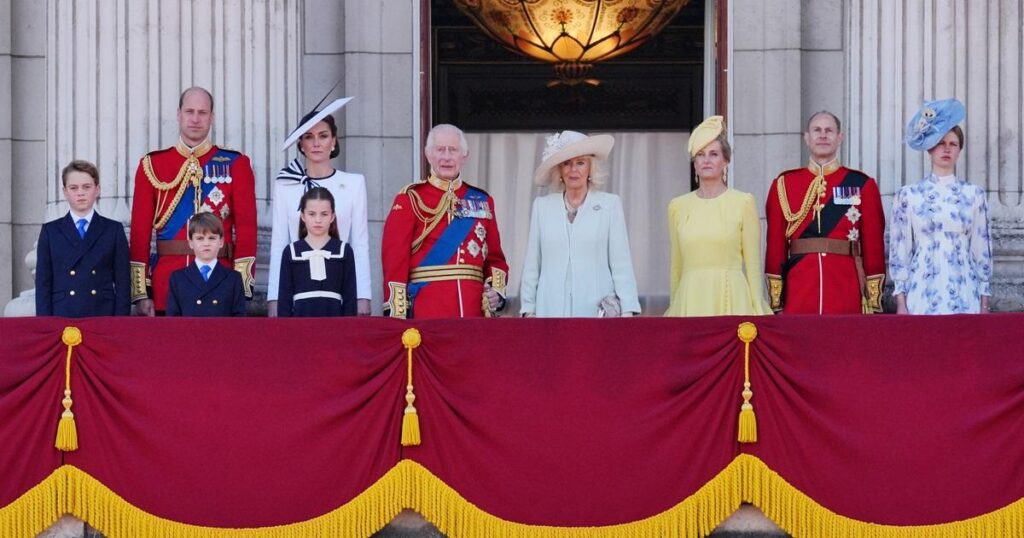New information from MyHeritage has revealed the 35 surnames that could mean you are related to the Royal Family.
The genealogical research business shares that certain surnames have long been associated with nobility and may even indicate a link to royal lineage.
Unfortunately, surnames alone aren’t definitive proof of royal or noble ancestry, but are a great starting point.
@suzieedge Replying to @the_singing_pea Henry VIII to Queen Victoria #history #monarchy #mortalmonarchs ♬ original sound – Dr Suzie Edge
The 35 surnames that might mean you’re related to the Royal Family
From Spencer to York, see the 35 surnames that could mean you are related to royalty.
- Stuart (Stewart)
- Spencer
- Plantagenet
- Lancaster
- York
- Tudor
- Savoy (Savoia, Savoie)
- de Medici (Medici)
- Capet
- Valois (de Valois)
- Bourbon (de Bourbon)
- Orléans (d’Orléans, de Orléans)
- Howard
- Seymour
- Percy
- Habsburg
- Bruce
- Orange-Nassau
- Oldenburg
- Glücksburg
- Romanov
- Baskerville
- Darcy (d’Arcy)
- Neville
- Astley
- Capell (Capel)
- Grey
- FitzAlan
- Courtenay
- Manners
- Russell
- Cavendish
- Talbot
- Hanover
- Windsor (Mountbatten-Windsor)
MyHeritage has also shared how the surnames could connect you to royalty; we’ve shared a few here, but you can see the full explanations via the website.
Stuart, also spelt Stewart
A royal house that reigned in Scotland and later on the English and British throne from the early 17th to the early 18th centuries.
“Stewart,” derived from Old English “stigweard” (household guardian), was an occupational title evolving into a hereditary Scottish surname.
Could you be related to the Royal Family? (Image: Aaron Chown/PA Wire)
The Stewarts became a royal dynasty when Robert II ascended the throne in 1371.
The “Stuart” spelling emerged in the 16th century when Mary, Queen of Scots, altered it in France due to the lack of “w” in French.
Both spellings are authentic surnames with royal historical roots, supported by genealogical and linguistic sources, and are still in use today.
Lancaster
The House of Lancaster was a cadet branch of the Plantagenet dynasty, which produced three English kings: Henry IV, Henry V, and Henry VI, during the Wars of the Roses.
Recommended Reading
York
Like Lancaster, the House of York was another branch of the Plantagenets, supplying several English monarchs (e.g., Edward IV and Richard III) and contesting Lancastrian claims in the Wars of the Roses.
Bruce
The House of Bruce was a prominent Scottish royal dynasty. Most notably, with Robert the Bruce becoming King of Scots in 1306 and firmly establishing the line.




